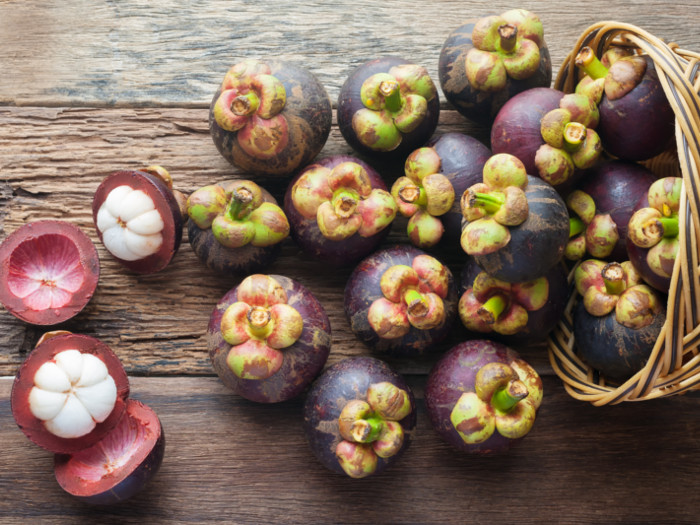Spoiler Alert: Plot Summary
Dear readers, this is an extremely short work (roughly a hundred pages, at least in my copy) and if you haven't read it, I highly recommend. Therefore, I shall share a collected poem of lines to give you a sense of the thing, but if you want more, you must go and find it yourself. Here is your poem:
- God bless me, the man seems hardly human!
- The moment I choose, I can be rid of Mr. Hyde.
- I have lost confidence in myself.
- You must suffer me to go my own dark way. I have brought on myself a punishment and a danger that I cannot name.
- Ah, it's an ill conscience that's such an enemy to rest!
- Man is not truly one, but truly two.
- My devil had been long caged, he came out roaring.
- Struggle as he might, there was borne in upon his mind a crushing anticipation of calamity.
Spoiler Over: Continue Here
Well now, is your interest piqued? Good. I could see immediately upon reading this why it has made its way into the 'classics'. It's concise, but it packs a great punch, and it's loaded with fascinating explorations of the human character. Go and read it for yourself, then come back and enjoy this brief blobbety-blob.
Love affair with London
Many works involve cities in some capacity, but I have come to love books that make the city or the country the book centers around into a character of its own. Here's a line about London I loved:
The fog still slept on the wing above the drowned city, where the lamps glimmered like carbuncles; and through the muffle and smother of these fallen clouds, the procession of the town's life was still rolling in through the great arteries with a sound as of a mighty wind. He's literally describing fog, and I'm like, I want to go! Sign me up!Going to bed and waking up someone else
Without going into too much detail (and besides, by now you've followed my advice and read it for yourself, so I'm not spoiling anything anyway), things get worse for our protagonist when he stops being able to control his transitions from Jekyll into Hyde. I loved the creepiness of this line:
I had gone to bed Henry Jekyll, I had awakened Edward Hyde.Especially because it reminded me of this line from Proust:
So how, then, searching for our thoughts, our identities, as we search for lost objects, do we eventually recover our own self rather than any other? Why, when we regain consciousness, is it not an identity other than the one we had previously that is embodied in us? It is not clear what dictates the choice, or why, among the millions of human beings we might be, it is the being we were the day before that we unerringly grasp.I thought of how jarring it was for Jekyll to grasp for himself and find Hyde instead, and thought Proust would have a field day exploring that concept. ;)
Lines I Liked
This book is packed with great lines, descriptions, and all-around eerie situations. Here are a few of my favorites.
- On an acquaintance of Dr. Jekyll - In this character, it was frequently his fortune to be the last reputable acquaintance and the last good influence in the lives of downgoing men.
- His affections, like ivy, were the growth of time. God, I love this line.
- But now his imagination also was engaged, or rather enslaved.
- I make it a rule of mine: the more it looks like Queer Street, the less I ask.
- It was no longer the fear of the gallows, it was the horror of being Hyde that racked me.
holograph - a manuscript handwritten by the person named as its author
conveyancing - the branch of law concerned with the preparation of documents for the transferring of property; the action of preparing documents for the transfer of property
napery - household linen, especially tablecloths and napkins
baize - a coarse, feltlike, woolen material that is typically green, used for covering billiard and card tables and for aprons
turpitude - depravity; wickedness
bravo - a thug or hired assassin
I'm keeping this entry short and sweet, to match the brevity of the work. I'll leave you with these lines.
I had learned to dwell with pleasure, as a beloved daydream, on the thought of the separation of these elements. If each, I told myself, could be housed in separate identities, life would be relieved of all that was unbearable; the unjust might go his way, delivered from the aspirations and remorse of his more upright twin; and the just could walk steadfastly and securely on his upward path, doing the good things in which he found his pleasure, and no longer exposed to disgrace and penitence by the hands of this extraneous evil.As we roll into a new year, one we cannot stop from coming, try though we might, let us consider the halves of ourselves. Let us think about how we might find a life of balance, where pleasures are not denied, nor is good abandoned. We all have some Jekyll and some Hyde in us. How we choose to navigate the pairing is entirely up to us.
Happy New Year, and I'll see you in 2019, blobbists!




